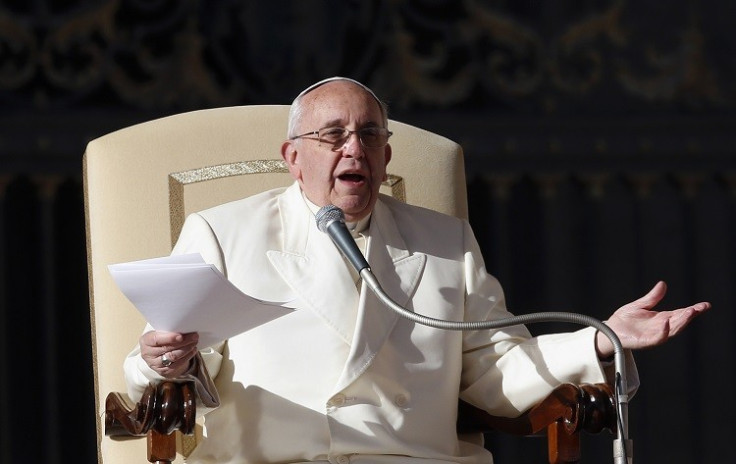Europe 'Massively Satisfied' with Vatican's Financial Reforms on Murky Past

A European committee, charged with the task of assessing the Vatican's financial reforms, is set to issue a positive report on the Holy See's measures to overhaul the religious institution's murky economic past.
According to a number of media reports, the plenary of Moneyval, a monitoring committee of the Council of Europe, will add impetus to Pope Francis's efforts to clean up decades of financial scandal by revealing that the Vatican has made significant progress.
One media source said the report will express "massive satisfaction" with the Vatican while the other described the findings as "a very positive document."
However, the European committee will still warn the Holy See that the Vatican's own Financial Intelligence Authority (Fia) still needs to carry out a "formal inspection" of the Vatican bank, officially known as the Institute for Works of Religion (IOR).
Vatican's Murky Financial Past
The IOR is the world's most secretive bank and holds €7.1bn (£5.9bn, $9.8bn) in assets under management (AuM).
While it says its goal was to hold and manage funds for religious orders, Catholic charities, Vatican employees and other Catholic institutions, the number of account holders has soared to 19,000.
There are 24 countries that have accounts in the private bank. The US and UK are not among them.
In April 2011, the Vatican created Fia to collect and exchange information on suspicious transactions with the US Financial Crimes Enforcement Network (FinCen), a unit within the US Treasury Department.
Italian magistrates confirmed that they have been investigating the IOR for money laundering.
As of year-end 2012, 5,200 Catholic institutions accounted for more than 85% of AuM and13,700 individuals (clerics, employees or former employees of the Vatican with salary and pension accounts and diplomats accredited to the Holy See) accounted for around 15% of AuM.
Substantial deposits and cash withdrawals have raised eyebrows amongst regulators.
The city's financial watchdog said it believed that the justification by the embassies of Iraq, Iran and Indonesia for the transactions, which were examined in 2011, were too vague or disproportionate to the amounts.
Some transactions were deposited or withdrawn at €500,000 a time. One reason given for a transaction was "refurbishment" costs.
Vatican City has ramped up attempts to root out financial scandal and become more transparent since 2010.
In addition to the signing of the pact with the US agency, it has also pledged to be more forthcoming with information and has created a website to share that information.
The pledge of transparency suffered a setback when Rome magistrates, investigating money laundering allegations, froze €23m held by the IOR in two Italian banks.
The IOR said it had been transferring its own funds between accounts in other countries.
The accounts were unfrozen after IOR officials told Italian magistrates that the money would be used to buy German securities but the investigation continues.
© Copyright IBTimes 2025. All rights reserved.






















